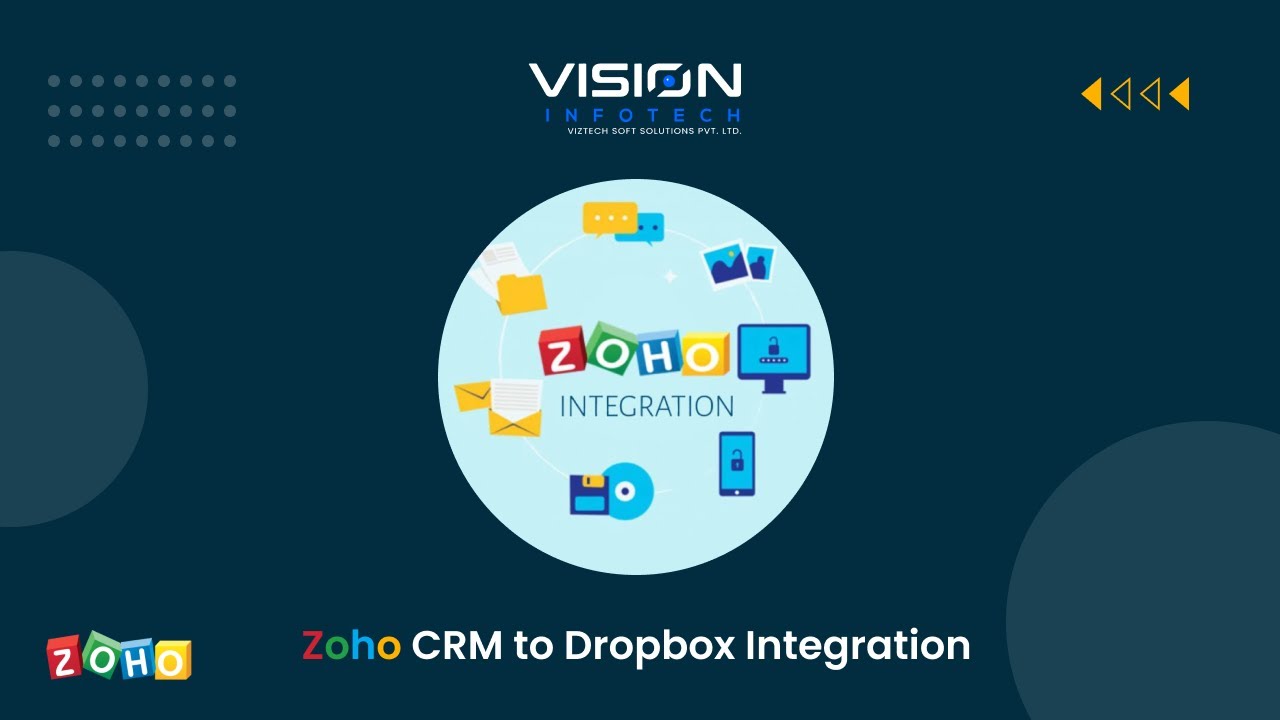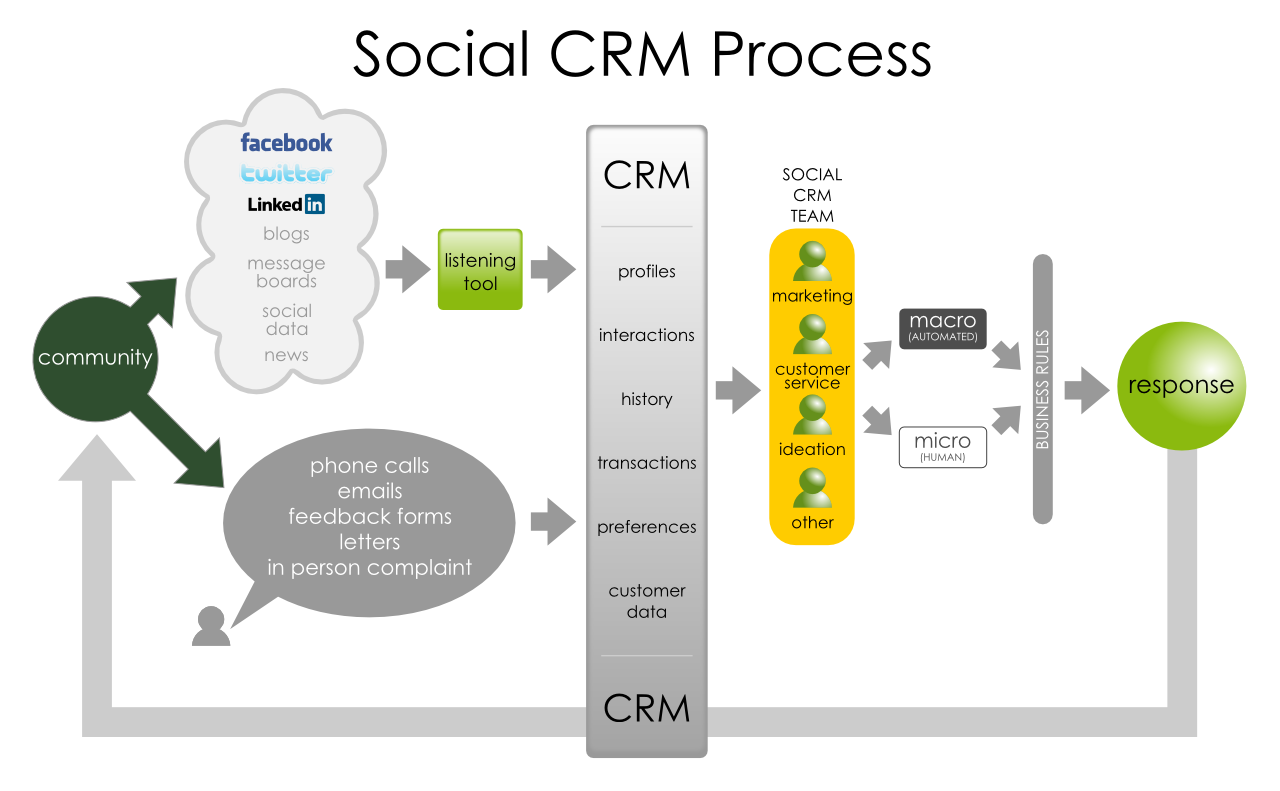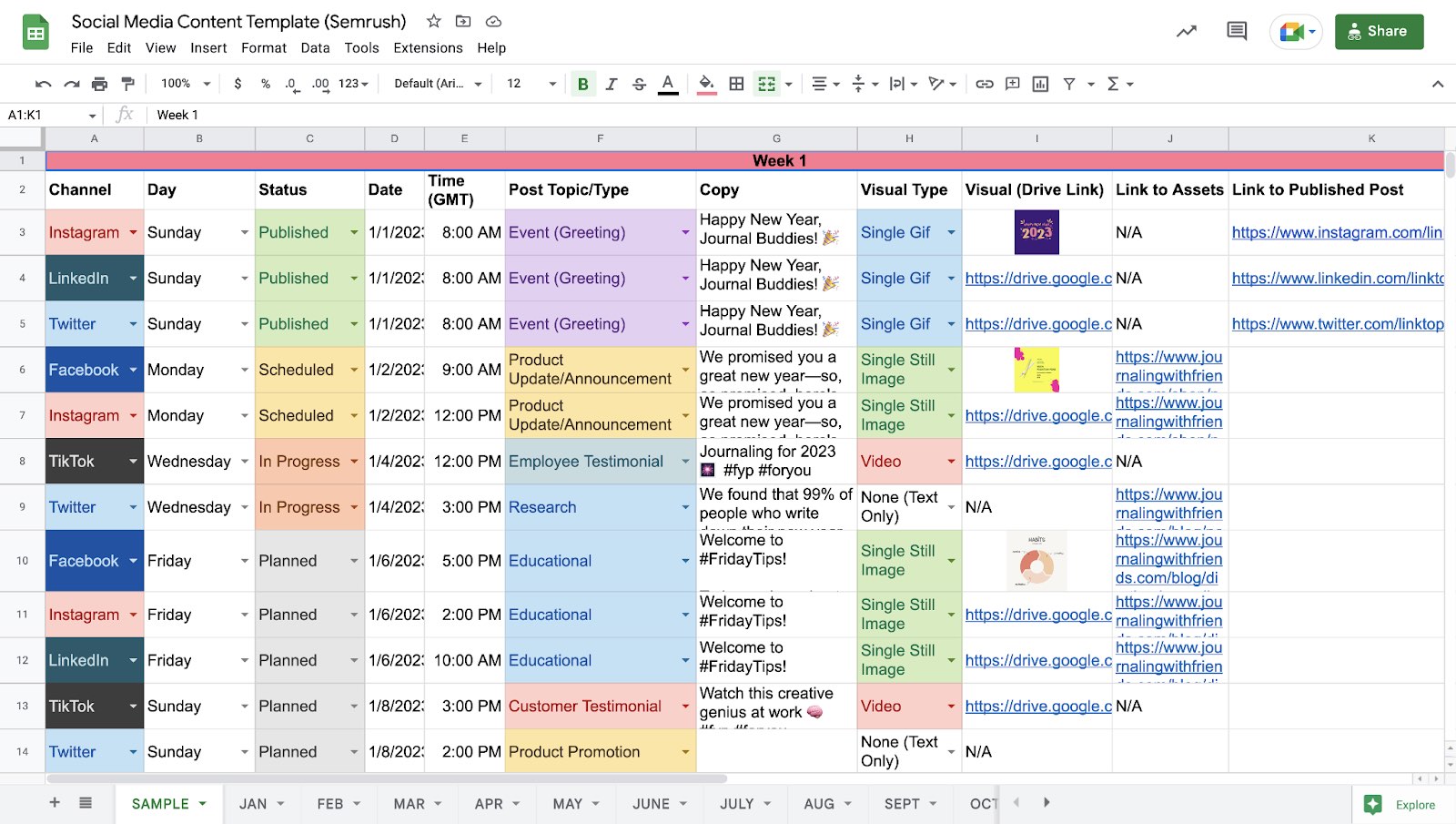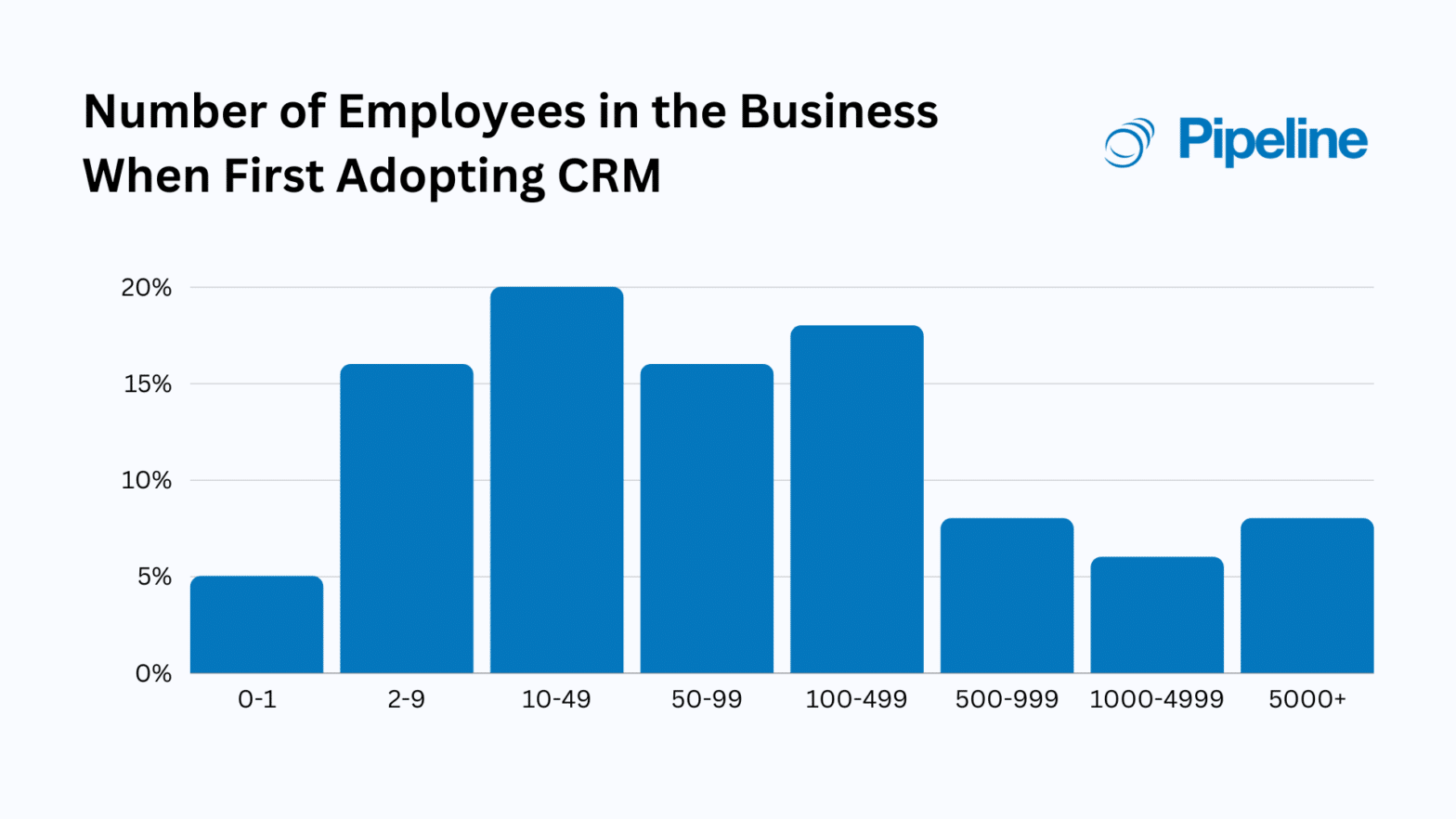Small Business CRM Features in 2025: What You Need to Thrive

Small Business CRM Features in 2025: What You Need to Thrive
Running a small business is a marathon, not a sprint. It demands resilience, adaptability, and a keen understanding of your customers. In the ever-evolving landscape of business, Customer Relationship Management (CRM) systems have become indispensable tools for success. As we approach 2025, the features and capabilities of CRM software are poised to undergo significant transformations. This comprehensive guide will explore the essential CRM features small businesses should embrace to not just survive, but thrive in the coming years.
The Foundation: Why CRM Matters for Small Businesses
Before diving into the specifics, let’s reiterate why CRM is so crucial for small businesses. Imagine trying to juggle multiple balls – leads, contacts, sales pipelines, customer service requests – all at once. Without a CRM, this juggling act quickly becomes overwhelming, leading to lost opportunities, frustrated customers, and ultimately, a decline in revenue. A CRM system acts as a centralized hub, organizing all customer-related information in one accessible location. This allows small businesses to:
- Improve Customer Relationships: By understanding customer needs and preferences, you can personalize interactions and build stronger relationships.
- Boost Sales: CRM helps you identify and nurture leads, track sales progress, and close deals more efficiently.
- Enhance Customer Service: Provide prompt and effective support, resolving issues quickly and keeping customers happy.
- Increase Efficiency: Automate repetitive tasks, freeing up valuable time for you and your team to focus on core business activities.
- Gain Data-Driven Insights: Analyze customer data to identify trends, make informed decisions, and optimize your business strategies.
Core CRM Features: The Must-Haves
While the CRM landscape is constantly evolving, certain core features remain fundamental. These are the building blocks upon which a successful CRM strategy is built.
Contact Management
At its heart, a CRM is about managing contacts. This includes storing and organizing contact information, such as names, addresses, phone numbers, email addresses, and social media profiles. Effective contact management goes beyond basic data storage; it allows you to segment your contacts based on various criteria, such as demographics, purchase history, and engagement levels. This segmentation enables you to personalize your marketing efforts and tailor your communications to specific customer groups. In 2025, expect to see enhanced contact management features, including:
- Advanced Segmentation: Utilize AI-powered tools to automatically segment contacts based on behavior, interests, and predicted lifetime value.
- Data Enrichment: Automatically enrich contact records with publicly available information, providing a more complete picture of your customers.
- Seamless Integration: Integrate with other business tools, such as email marketing platforms and social media channels, to create a unified view of your customers.
Lead Management
Lead management is the process of tracking and nurturing potential customers from initial contact to conversion. A robust CRM system provides tools for capturing leads, qualifying them, assigning them to sales representatives, and tracking their progress through the sales pipeline. Key lead management features include:
- Lead Capture Forms: Create and embed forms on your website and landing pages to capture lead information.
- Lead Scoring: Assign scores to leads based on their interactions with your business, prioritizing those who are most likely to convert.
- Workflow Automation: Automate lead nurturing activities, such as sending welcome emails, scheduling follow-up calls, and assigning tasks to sales reps.
- Sales Pipeline Management: Visualize your sales pipeline and track the progress of leads through each stage.
In 2025, expect lead management to become even more sophisticated, with features like:
- AI-Powered Lead Scoring: Utilize AI algorithms to accurately predict lead conversion rates and prioritize the most promising leads.
- Predictive Lead Nurturing: Automatically tailor lead nurturing campaigns based on individual lead behavior and preferences.
- Integration with Marketing Automation: Seamlessly integrate lead management with marketing automation platforms to create a cohesive lead generation and nurturing strategy.
Sales Automation
Sales automation streamlines the sales process by automating repetitive tasks, such as sending emails, scheduling appointments, and generating quotes. This frees up sales reps to focus on building relationships with customers and closing deals. Key sales automation features include:
- Email Automation: Automate the sending of sales emails, follow-up emails, and other communications.
- Task Automation: Automate the creation and assignment of tasks, such as scheduling calls, sending proposals, and following up with leads.
- Quote Generation: Generate professional quotes quickly and easily.
- Sales Reporting: Track sales performance and identify areas for improvement.
In 2025, sales automation will become even more intelligent and personalized, with features like:
- AI-Powered Sales Assistants: Utilize AI-powered chatbots and virtual assistants to handle routine tasks and provide sales reps with real-time support.
- Personalized Sales Sequences: Automatically tailor sales sequences based on individual customer behavior and preferences.
- Voice-Activated Sales Tools: Enable sales reps to manage their CRM and perform tasks using voice commands.
Customer Service Management
Providing excellent customer service is essential for building customer loyalty and driving repeat business. A CRM system provides tools for managing customer interactions, tracking support tickets, and resolving issues quickly and efficiently. Key customer service management features include:
- Ticket Management: Track and manage customer support tickets from creation to resolution.
- Knowledge Base: Create a knowledge base of frequently asked questions, articles, and other resources to help customers find answers to their questions.
- Live Chat: Provide real-time support through live chat.
- Customer Service Reporting: Track customer service performance and identify areas for improvement.
In 2025, expect customer service management to become even more proactive and personalized, with features like:
- AI-Powered Chatbots: Utilize AI-powered chatbots to handle routine customer inquiries and provide instant support.
- Proactive Customer Service: Identify and address customer issues before they escalate.
- Personalized Customer Service: Tailor customer service interactions based on individual customer preferences and history.
Emerging CRM Features: The Future is Now
Beyond the core features, several emerging trends are shaping the future of CRM. These features are designed to provide small businesses with a competitive edge, enabling them to better understand their customers, personalize their interactions, and drive business growth.
Artificial Intelligence (AI) and Machine Learning (ML)
AI and ML are revolutionizing the CRM landscape, providing businesses with powerful tools for analyzing data, automating tasks, and personalizing customer experiences. Expect to see even greater integration of AI and ML in 2025, with features like:
- Predictive Analytics: AI algorithms can analyze customer data to predict future behavior, such as purchase likelihood, churn risk, and customer lifetime value. This allows businesses to proactively address customer needs and optimize their strategies.
- Sentiment Analysis: AI can analyze customer interactions, such as emails and social media posts, to gauge customer sentiment and identify potential issues.
- Intelligent Automation: AI can automate complex tasks, such as lead scoring, sales forecasting, and customer service routing.
- Personalized Recommendations: AI can provide personalized product recommendations, content suggestions, and other relevant information to customers.
Mobile CRM
In today’s mobile-first world, the ability to access and manage your CRM data on the go is crucial. Mobile CRM apps allow sales reps and other team members to stay connected with customers, track their progress, and manage their tasks from anywhere. In 2025, expect mobile CRM to become even more sophisticated, with features like:
- Offline Access: Access CRM data even when you don’t have an internet connection.
- Voice-Activated Capabilities: Manage your CRM using voice commands.
- Integration with Wearable Devices: Receive real-time notifications and access CRM data on your smartwatch.
- Improved User Experience: Mobile apps will continue to become more intuitive and user-friendly.
Integration and Automation
The ability to seamlessly integrate your CRM with other business tools is essential for maximizing its value. In 2025, expect to see even greater emphasis on integration and automation, with features like:
- Pre-built Integrations: CRM systems will offer pre-built integrations with popular business tools, such as email marketing platforms, social media channels, and accounting software.
- Customizable Workflows: Create custom workflows to automate tasks and streamline processes.
- API-First Approach: CRM systems will be built with robust APIs, allowing for easy integration with any other business tool.
- No-Code Automation: Implement automation without needing to write any code.
Enhanced Data Security and Privacy
With the increasing focus on data privacy and security, CRM systems must prioritize protecting customer data. In 2025, expect to see even greater emphasis on security and privacy, with features like:
- Advanced Encryption: Encrypt customer data to protect it from unauthorized access.
- Multi-Factor Authentication: Implement multi-factor authentication to protect user accounts.
- Compliance with Data Privacy Regulations: Ensure compliance with data privacy regulations, such as GDPR and CCPA.
- Data Loss Prevention: Implement measures to prevent data loss and ensure data integrity.
Choosing the Right CRM for Your Small Business
Selecting the right CRM system is a critical decision. Here’s a guide to help you choose the best CRM for your small business:
Assess Your Needs
Before you start evaluating CRM systems, take the time to assess your business needs. Consider the following questions:
- What are your key business goals?
- What are your current pain points?
- What features do you need in a CRM system?
- How many users will be using the system?
- What is your budget?
Research CRM Providers
Once you have a clear understanding of your needs, research different CRM providers. Consider the following factors:
- Features: Does the CRM offer the features you need?
- Ease of Use: Is the system easy to use and navigate?
- Scalability: Can the system scale as your business grows?
- Integration: Does the system integrate with your existing business tools?
- Pricing: Is the pricing affordable for your budget?
- Customer Support: Does the provider offer good customer support?
Request Demos and Trials
Request demos and trials of the CRM systems you are considering. This will allow you to get a feel for the system and see how it works in practice. Pay close attention to the user interface, the features, and the overall user experience.
Consider Implementation and Training
Implementing a new CRM system can be a significant undertaking. Consider the following factors:
- Implementation Time: How long will it take to implement the system?
- Training: Does the provider offer training to help you and your team learn how to use the system?
- Support: Does the provider offer ongoing support?
Prioritize User Adoption
The success of your CRM implementation depends on user adoption. Make sure to involve your team in the selection process and provide them with adequate training and support. Encourage them to use the system and provide feedback. Remember, a CRM is only as good as the data that’s in it, and the willingness of your team to use it.
CRM in 2025: A Glimpse into the Future
The evolution of CRM is a continuous journey, driven by technological advancements and evolving business needs. In 2025, small businesses will have access to a range of powerful CRM features that will enable them to:
- Personalize Customer Experiences: Utilize AI and ML to tailor interactions and provide personalized recommendations.
- Automate Tasks: Automate repetitive tasks, freeing up time for your team to focus on core business activities.
- Gain Data-Driven Insights: Analyze customer data to identify trends, make informed decisions, and optimize your business strategies.
- Improve Collaboration: Enhance collaboration among team members, ensuring everyone has access to the information they need.
- Increase Sales and Revenue: Drive sales and revenue by improving lead generation, nurturing, and closing deals more efficiently.
By embracing these features and trends, small businesses can position themselves for success in the dynamic business landscape of 2025 and beyond. The future of CRM is about more than just managing customer data; it’s about building meaningful relationships, driving business growth, and creating a customer-centric culture.
Conclusion
Choosing and implementing a CRM system is a significant investment for any small business. However, the benefits – improved customer relationships, increased sales, enhanced customer service, and greater efficiency – are well worth the effort. By understanding the core features, embracing emerging trends like AI and mobile CRM, and choosing the right system for your needs, you can empower your small business to thrive in 2025 and beyond. Remember to prioritize user adoption, provide adequate training, and continuously evaluate and optimize your CRM strategy to ensure it aligns with your evolving business goals.





